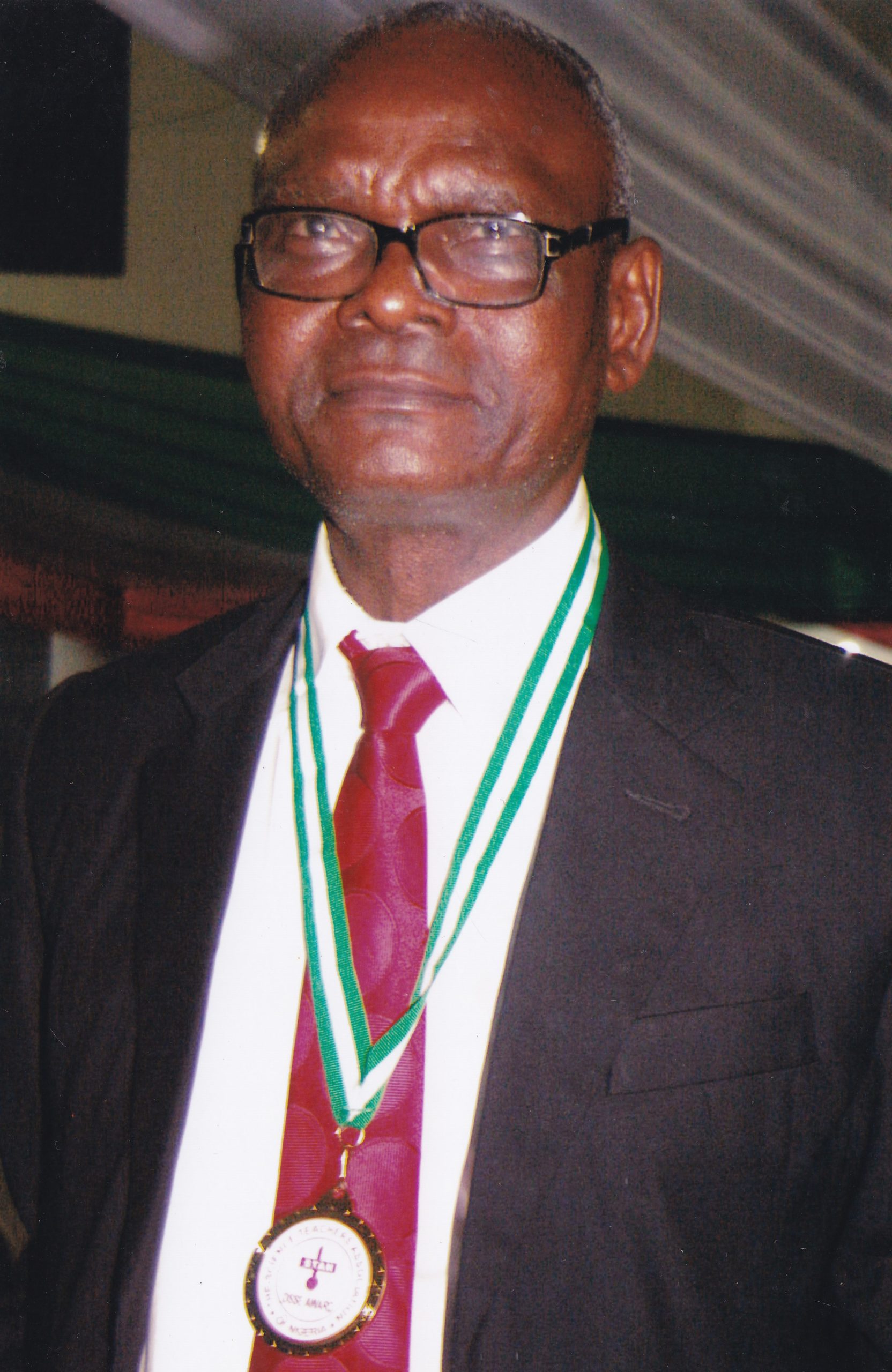
THE EFFECT OF SCHOOL LOCATION ON SCIENCE ACHIEVEMENT A REVISITATIONAL STUDY OF SOME SELECTED JUNIOR SECONDARY SCHOOLS by by N. lnyang and O. Jegede.
₦2,440.42
INTRODUCTION
For the majority of the countries of the developing world, the dichotomous residential division of rural and urban locations exert great consequences on access to, and effect of, several amenities, education and welfare programmes. A typical example of a developing country is Nigeria Where over 80 percent of the population reside in the rural areas. This has engendered a situation where it is commonly assumed that the inadequacy of facilities or their preferential and differential distribution result in rural areas being disadvantaged in several aspects of development, including education.
The situation appears more dismal and consequences very grave if, and as it appears Science and technological education are affected in a rapidly developing society where they are seen as potent instruments for national and individual development. Some evidence abound in the literature to suggest that the location of schools affects students‘ achievement. Several studies show that students in urban schools are academically superior to their rural counterparts. For example, Jones (I954) and Anastasi (1958) in separate studies carried out in the United States of America found that rural children attained lower scores than urban children in tests of intelligence. Vemon(1969) also found similar results with British children. Acherson (1967) has found that urban residents are almost always better educated than rural residents regardless of sex, age, maturity, race or parentage.

Prof. Nsedu Inyang
Professor N.E.U. Inyang has always been a teacher. He started as an Assistant Science Master at Duke Town Secondary School, Calabar. From 1976 till date he has taught in various institutions. He was appointed Acting Head, Department of Science Education in Uniuyo from 1994-1998 and promoted Associate and full Professor of Science Education in 1999 and 2002 respectively. He has taught undergraduate courses in Science Education, supervised undergraduate projects and jointly supervised Masters and Ph.D dissertations and theses both in University of Uyo and during his sabbatical leave to Nnamdi Azikiwe University, Awka.
Prof. Nsedu Inyang served in various capacities in the Science Teachers‘ Association of Nigeria (STAN) at both State and National levels. It was during his tenure as Chairman of Akwa Ibom State branch of STAN, He that Akwa Ibom State Branch was adjudged the best branch of the year for an outstanding membership among other achievements. Prof. Inyang served the Akwa Ibom State Government as a resource person at various workshops for primary and secondary school science and mathematics teachers.
Prof. Nsedu Inyang has been engaged in a number of Editorial services. He jointly published Integrated Science Workshop proceedings on the Integrated Science Curriculum in the 3 3 system Secondary Education in 1981. He jointly edited a book of readings on science and society 1997. He is editorial adviser of the integrated Science Education series of Integrated Science Panel of STAN and an author of the Basic Science of the University Press Plc, Ibadan, Nigeria.
To date, Prof. Nsedu Inyang has 45 publications to his credit made up of 22 journal articles and 23 book chapters, many of which can be accessed on this knowledgebase. He attended and presented several the keynote addresses and lead papers at conferences, some of which includes Teacher’s Day in 2009 at the Akwa Ibom State rally of NUT and a motivational talk at the Mobil/NNPC/Akwa Ibom State Science quiz, facilitated by the Akwa Ibom State Branch of STAN etc.
Prof. Nsedu Inyang has played a number of leadership roles in his christian life. He is happily married and is blessed with successful children.
His personal knowledgebase and website can be accessed via www.nseduinyang.com.ng
Questions and Answers
You are not logged in